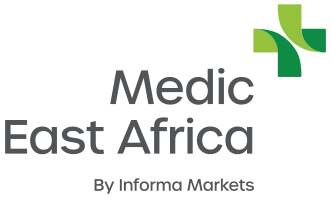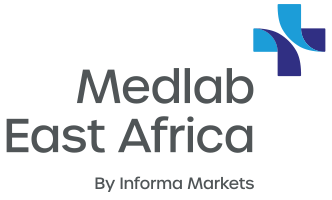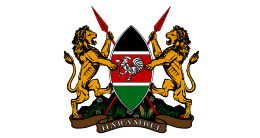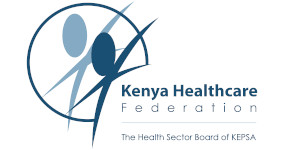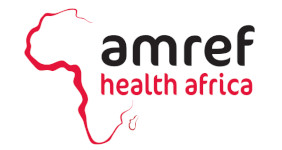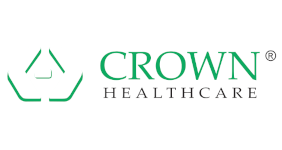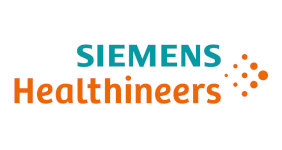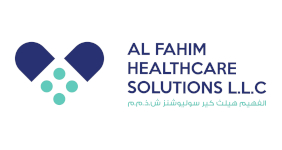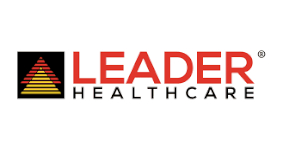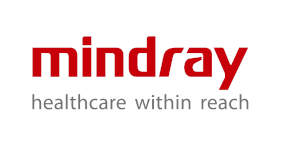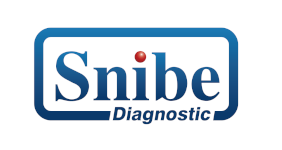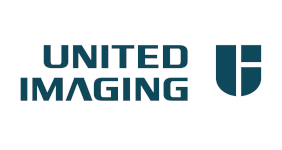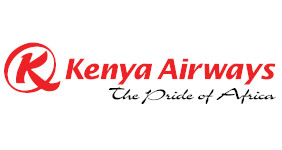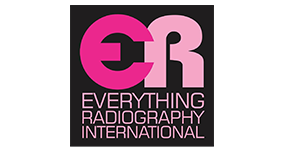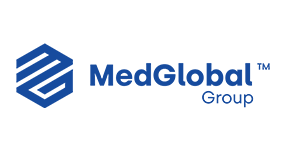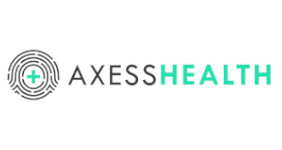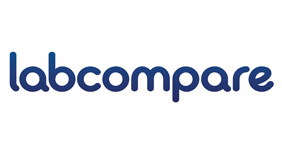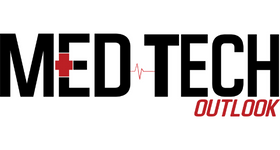Universal Health Coverage in Tanzania
The 1967 Arusha Declaration set Tanzania on a path towards nationalised healthcare, but in the face of rising costs, cost sharing policies were implemented beginning in the 1990s; today the governmentruns four health insurance schemes alongside multiple private options, but the vast majority of thepopulation remains uninsured, leading to significant inequities in access to care. Tanzania’s 4th Health Sector Strategic Plan (2015-2020) provides for a new health financing strategy aimed at helping the country achieve Universal Health Coverage, by addressing this complex and fractured health insurance market.
UNICEF has reported that health insurance coverage in Tanzania has been growing steadily. A single national health insurance holds the hope of increasing the resources available for health and providing basic Universal Health Coverage. Furthermore, according to UNICEF, health insurancecoverage has grown in recent years although coverage of special groups (those requiring agovernment subsidy to access care) dropped in FY2016/2017. However, currently, we are seeing inequities in healthcare provision because the health insurance system favours certain people and not others. Forinstance, the services obtained by a person with Community Health Fund do not match those of a person with National Health Insurance Fund. The number of people covered by the National Health Insurance Fund increased by 13 percent from FY 2016/2017 to March 2018. The number of registered health providers has expanded rapidly. Membership of Community Health Funds expandedby 9% from FY 2016/2017 to March 2018.
Health insurance
- 16.1% Types of insurance / saving products (estimation of beneficiaries as % of the population)
- 5.6% National Health Insurance Fund (Public): benefit package includes basic lab tests, outpatient services, in-patient and specialist care;open to formal public and other sector employees and specific groups (e.g. students, children below 18 yrs & registered economicactivities groups), 6% payroll tax apply for those in formal sector
- 0.1% Social Health Insurance Benefits of National Social Security Fund (NSSF-SHIB) (public); benefit package for members of NationalSocial Security Fund, open to formal and informal sector. No premium charged after contributing 10% income as pension serving
- 8.4% CHF / TibaKwaKadi (TIKA) (public): basis healthcare coverage to low-income households’ informal sector; fixed premium rates
- 1% Private Health Insurance (PHI); various packages and various fixed premiums
- 1% Community Based Health Insurance / Micro Insurance; (private) covers primary and hospital care; informal sector; various fixed premiums
